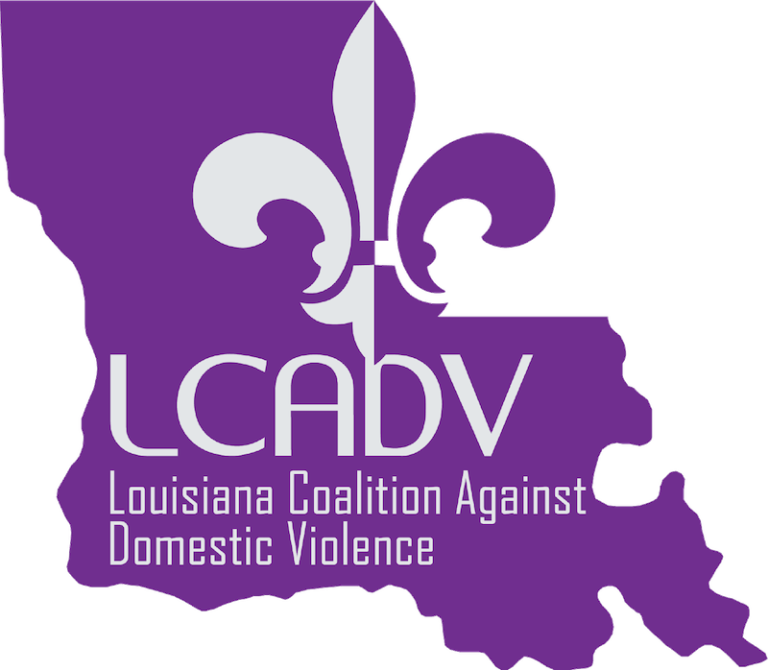Baton Rouge, La. – Domestic violence service providers across Louisiana are facing their second budget crisis in 2 months. The Louisiana Department of Child and Family Services unveiled its proposed budget Thursday. The plan includes a cut of $1.4 million dollars to domestic violence services; this is in addition to the $1 million the Jindal administration cut in the December, mid-year budget adjustments.
Programs will be losing $2.4 million of the $6.2 million the state was spending on domestic violence services. This means emergency shelters across the state will have lost more than 38% of their funding from DCFS in just over six months. This makes a significant impact in a state that consistently leads the nation in domestic homicides.
Executive Director of the Louisiana Coalition Against Domestic Violence, Beth Meeks, warned during the last round of cuts that ‘the situation was precarious and further cuts would destabilize the system’. She calls the current situation dire, “In the last round of cuts programs laid off about 10% of their staff and many used up any rainy day reserves they had set aside. At this level of cuts programs will be forced to reduce and eliminate services in some areas, if they can survive at all.”
According to statistics collected by DCFS, Louisiana domestic violence shelters provided almost 91,000 nights of emergency shelter in the last year and took more than 38,000 crisis calls. There are 18 programs in Louisiana funded by DCFS to provide around the clock emergency domestic violence services. The programs documented more than 1800 unmet needs during that time period due to low staff and full shelter beds.
During the December budget cuts the Jindal administration said they were moving away from a costly shelter model and would instead encourage the use of hotel rooms for domestic violence victims as a more efficient and cost effective way to do business.
Meeks points out, “If you assume the entire DCFS allocation pays only for shelter nights the average cost is $57 per night. This is clearly cheaper than a hotel and a woman in shelter gets food, transportation, advocacy and security. Shelter isn’t a convenient way to warehouse people. You go as a last resort because you are afraid that apart from that sort of security you might lose your very life. To suggest that women should hole up unsupported in hotel rooms with no security demonstrates a complete lack of understanding and empathy for the issue of domestic violence, a critical misstep in a state repeatedly leading the nation in the murder of women.”
Louisiana consistently leads the nation in domestic homicides and has done so since 1997. According to the September 2012 Violence Policy Center report, When Men Murder Women, in 2010 Louisiana ranked 4th in the nation in the rate of women killed by men.
The Louisiana Coalition Against Domestic Violence tracks these homicides and says from October 2011 through September 2012, at least 59 people died in domestic violence homicides in Louisiana.
Research funded by the US Department of Justice and released in 2010 showed that for every dollar spent on a protective order, society saves $30.75 for each survivor who gets one. All in all, protective orders saved one state, Kentucky, at least $85 million yearly. This confirms a study released by researchers at the University of North Carolina at Chapel Hill School of Public Health in 2002 which showed that $1.6 billion spent on violence against women prevention programs over five years, saved $14.8 billion in net social costs that otherwise would have been incurred.
“It’s apparent that emergency room visits, funerals, murder trials and incarceration are far more costly than simply providing services up front. While we certainly expected to share in budget cuts, this level of cut is unsustainable and dangerous for victims who need services. And in the long run the research proves it won’t save money, only increase costs to local communities who don’t have the funds. It’s dangerous and it’s fiscally irresponsible, the absolute worst of both worlds.” said Meeks.
For additional information on domestic violence, or to learn ways to get involved, please visit www.lcadv.org.
-30-
The Louisiana Coalition Against Domestic Violence (LCADV) is a state wide network of battered women’s programs, other organizations and individuals who share the goal of ending violence against women and children in Louisiana. LCADV empowers its members through advocacy, education, resource development and technical assistance.


